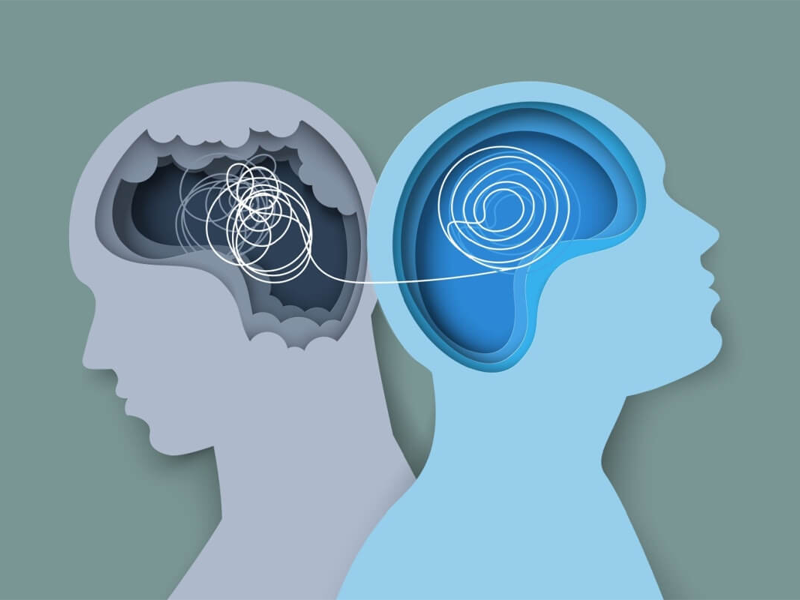Introduction
When addiction enters a family, it disrupts lives in profound ways. While much of the focus is often on the person struggling with substance use, the impact on their loved ones is equally significant. Family members, partners, and close friends often bear the emotional scars of addiction, leading to anxiety, depression, and even PTSD.
In The Silent Struggle: Mental Health Impacts of Loving an Addict, we explore how families can heal and rebuild after addiction. Whether you’re navigating a loved one’s recovery or moving forward after years of struggle, this blog offers insight into how to reclaim your sense of self and move toward a healthier future.
Acknowledging the Pain and Trauma
The first step in healing is acknowledging the emotional damage addiction has caused. Many loved ones of addicts develop:
- Anxiety – Constant worry about relapses and the future.
- Depression – A lingering sense of sadness, exhaustion, and loss.
- PTSD – Flashbacks and hypervigilance from past traumatic events.
Understanding that these reactions are normal and valid is essential. Seeking professional support, such as therapy or counseling, can be incredibly helpful in processing these emotions and moving toward healing.
Rebuilding Your Identity
When someone loves an addict, they often lose a sense of who they are outside of that relationship. Once the chaos subsides, rediscovering personal identity is crucial.
Some ways to start this journey include:
- Exploring new hobbies – Reconnect with activities that bring joy and fulfillment.
- Setting personal goals – Focus on aspirations outside of addiction-related struggles.
- Rebuilding relationships – Strengthen connections with friends and family members who offer support.
- Focusing on self-care – Prioritize mental, physical, and emotional well-being.
Learning to Trust Again
Addiction often damages trust, leaving family members wary of false promises and repeated disappointments. Whether rebuilding a relationship with a recovering addict or learning to trust others again, it’s important to:
- Take time – Trust is rebuilt through consistent actions, not words alone.
- Establish clear expectations – Be honest about what you need from the relationship moving forward.
- Seek professional help – Family therapy or support groups can provide guidance on navigating trust issues.
Moving Forward Without Guilt
Many loved ones of addicts struggle with guilt, wondering if they could have done more or if their boundaries were too harsh. It’s crucial to recognize:
- You are not responsible for someone else’s addiction.
- Prioritizing your well-being is not selfish.
- Healing requires letting go of blame and focusing on the future.
Forgiving yourself and your loved one—when you are ready—can be a powerful step in truly moving forward.
Conclusion
Recovering from the impact of addiction is a journey, not a destination. By acknowledging past pain, rebuilding identity, learning to trust again, and releasing guilt, families and loved ones can heal.
Addiction may have altered the past, but it doesn’t have to define the future. You deserve peace, happiness, and a life beyond addiction’s shadow.




